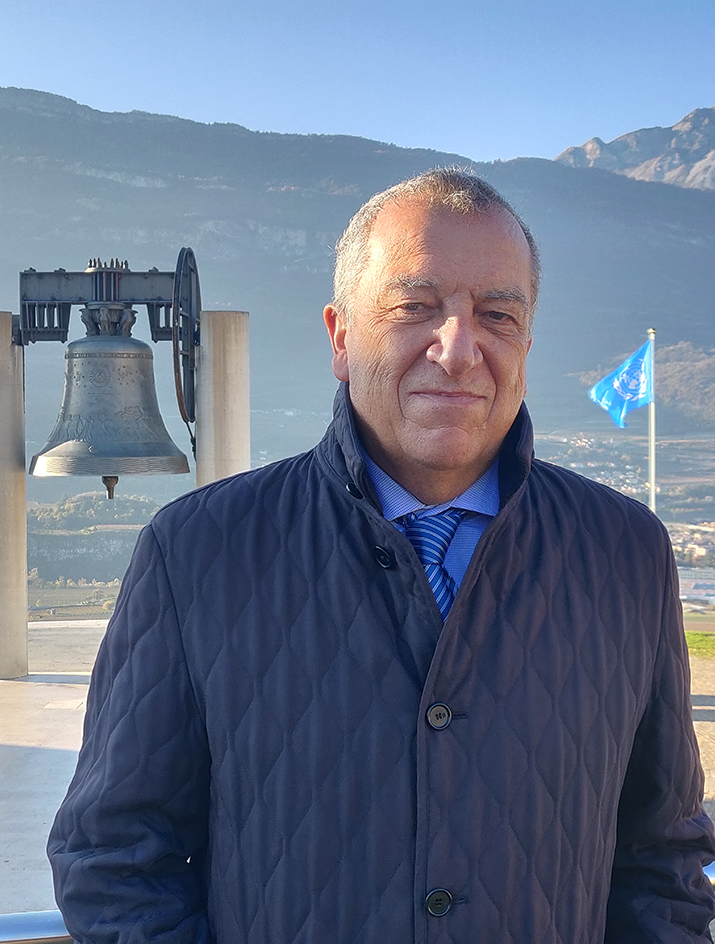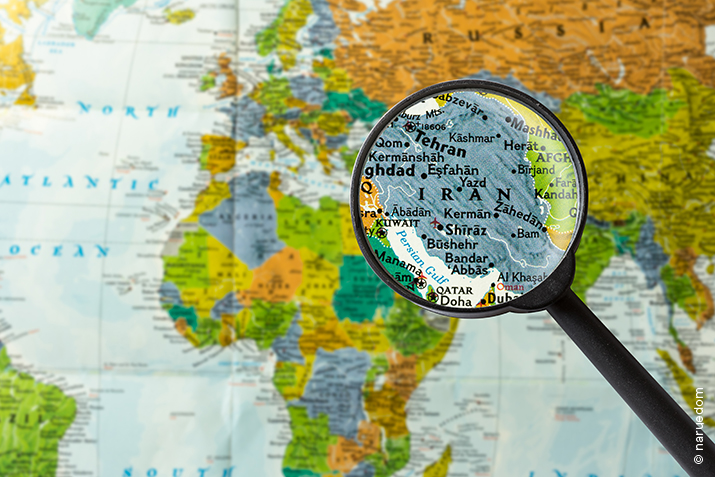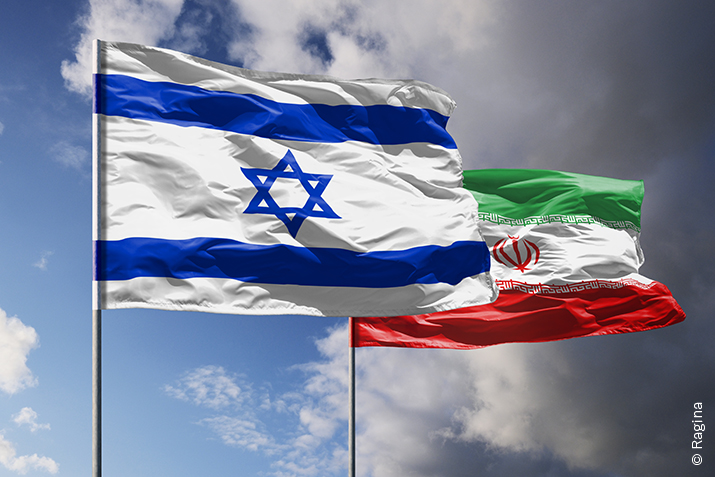"We will arrive and strike anywhere, with our highly sophisticated military capabilities," is the ominous warning issued by Tel Aviv's Prime Minister Benjamin Netanyahu to Iran's Supreme Leader Ali Khamenei. 'We will turn Israel into hell,” was the no less emphatic reply from the latter, in a verbal escalation that rivals, if not surpasses, the military one.
The night of June 13–14, 2025, seems destined to add to the growing list of dates marked by events whose dramatic consequences—both immediate and long-term—pose a serious threat to the increasingly fragile framework upon which international relations and coexistence among nations rest in this turbulent early millennium.
Iranian missiles falling on the capital and other Israeli cities, causing numerous casualties; jets from the “Rising Lion” campaign carrying out strikes that decapitate military and intelligence leaders as well as key Persian nuclear experts; the ayatollahs’ threats to indiscriminately target Western military bases in the region; and the real danger of contamination linked to the destruction of the Natanz and Isfahan nuclear plants (and damage to the underground Fordow facility). Viewed closely, these are all pieces of a vast puzzle with “reverse” rules, where the winner is not the one who first completes the intricate mosaic, but the one who manages to disable all its components before anyone else.
Any glimmer of hope for a negotiated solution to the conflict must be immediately seized and pursued with courage and determination
The direct damages caused by this situation include the indefinite postponement of those nuclear negotiations that had already engaged both US and Iranian experts in Oman for several sessions. Although shrouded in modest expectations of success, they nevertheless offered a rare, and therefore valuable, opportunity for direct dialogue. The same fate befell the Conference for the Recognition of an Autonomous Palestinian State, which was supposed to open shortly in New York under French and Saudi co-chairmanship and was itself postponed until a later date. And the latest confirmation of the United Nations’ operational paralysis does nothing to improve the overall picture. The organisation has effectively become a kind of “global press room,” where representatives of warring nations engage in constant mutual accusations before diplomatic colleagues resigned to an embarrassing state of impotence.
At the time this article goes to press (20 June), the situation appears difficult to decipher, apart from Israel's determination to zero in on Iran's nuclear programmes, fearing their imminent use for military purposes.
One of the few encouraging signs comes from the G7 forum—specifically from the recent Canadian summit in Kananaskis—in the form of a unanimously adopted statement in which the world’s most industrialised nations call for “a resolution to the Iranian crisis, broader de-escalation, and a ceasefire in the Gaza Strip,” recognising these as interconnected objectives.
Concerns over the indefinite postponement of nuclear negotiations in Oman between US and Iranian experts
We wish to briefly address the interest, expressed by a number of foreign ministries, in provoking regime change in Tehran—by removing the ayatollahs and promoting the formation of a government more open to cooperation with the Western world. However detestable the current nomenklatura in Tehran may be, the negative experiences of the past few years in Libya, Afghanistan or Iraq should lead to thoughtful reflection in this respect. As pointed out in a previous commentary (see issue 27 of 'Voce'), Iranian civil society already has within its bosom the presence of opinion movements such as 'Woman, Life, Liberty' capable of gradually changing the current balances on which the current Mollahs' regime is based.
It is precisely from such significant sectors of Iranian society, inspired by shared values of freedom and democracy, that the reconstruction of a new system of government could begin, a development that is only possible in the absence of military escalation.
And, in any case, any glimmer of hope, however tenuous, that may appear in the near future for a negotiated solution to the conflict must be immediately seized and pursued with courage and determination. News has just emerged of a planned meeting in Geneva between the foreign ministers of the United Kingdom, France, and Germany, and their Iranian counterpart, Abbas Araghchi. The continuation of high-level government contacts—even under the current, extremely difficult circumstances—offers a reason to hope that there is still room for negotiation.
Reggente Marco Marsilli, Foundation President










